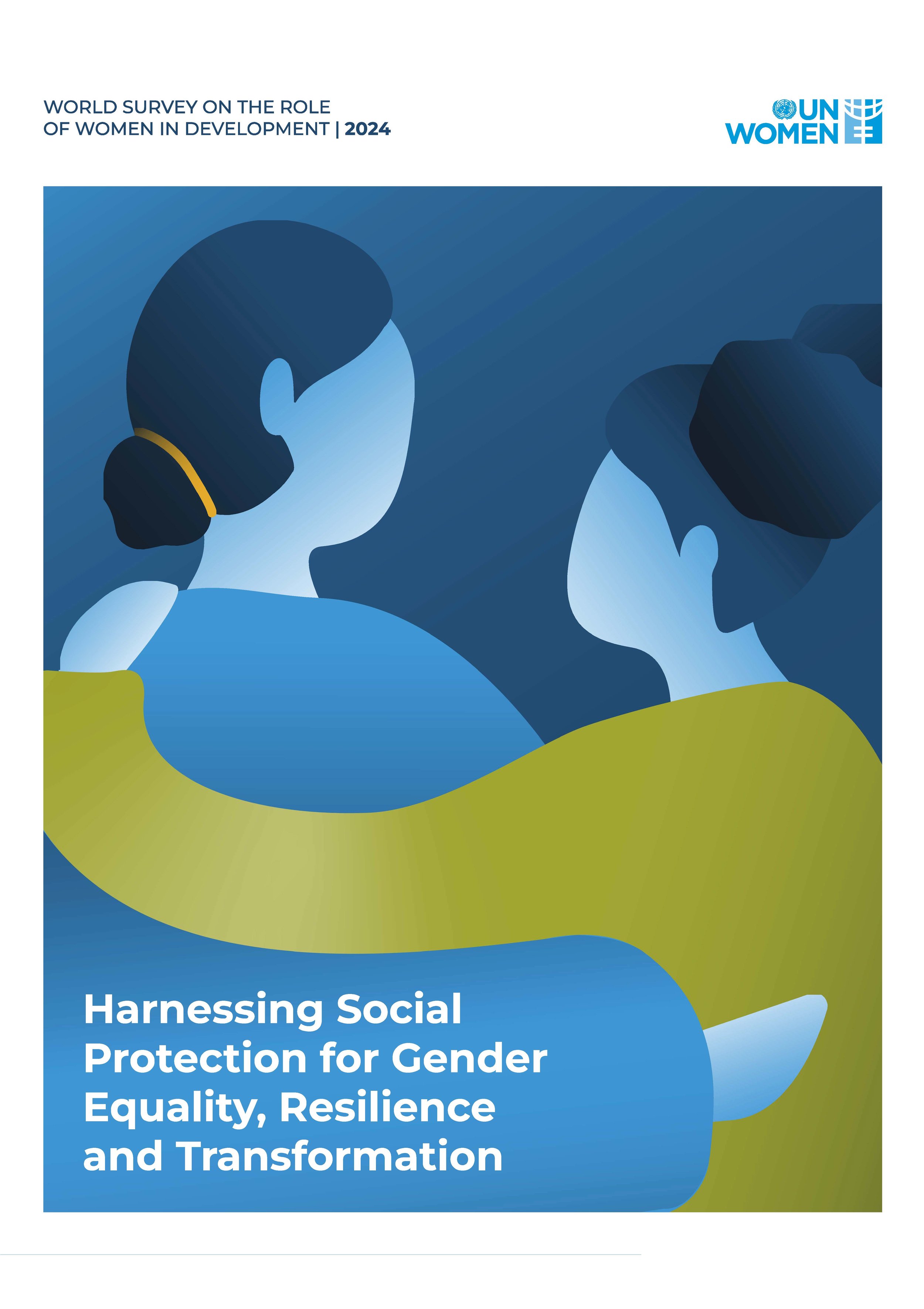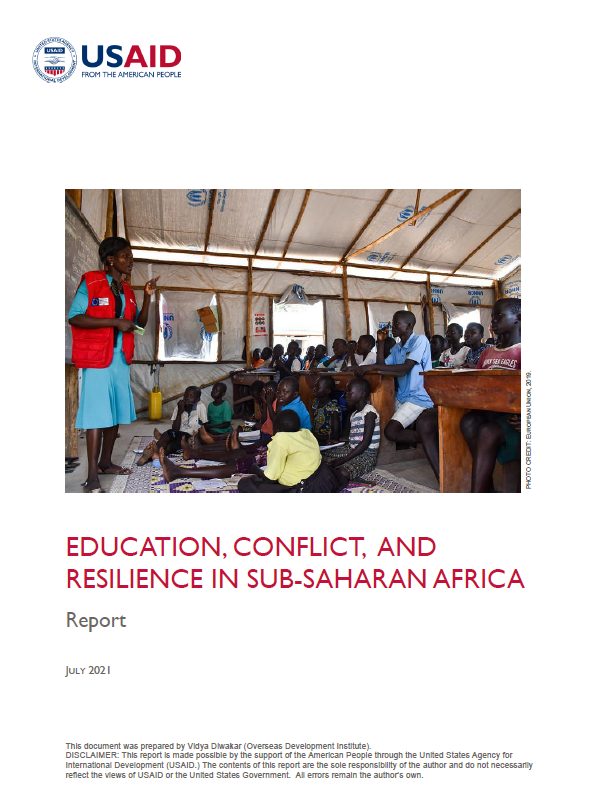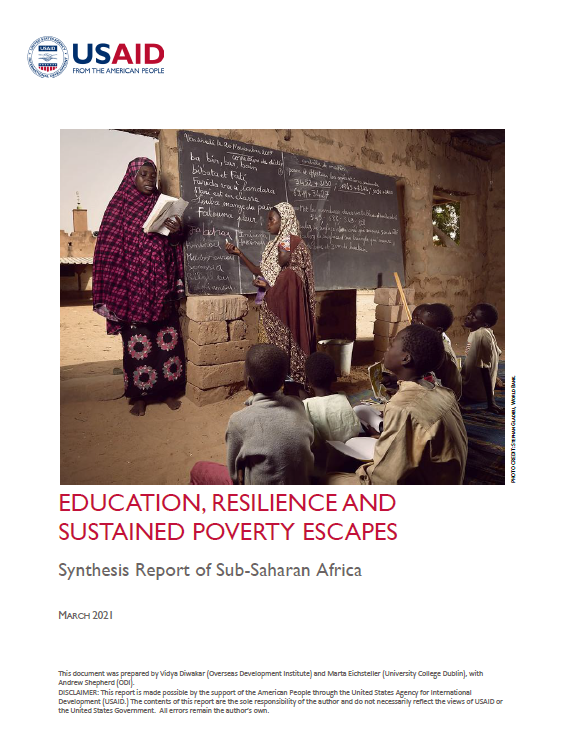Facilitating access to financial services is a core component of most economic inclusion programs, which aim to build resilience and create opportunities for poor and vulnerable households. These programs offer a comprehensive package of interventions, such as cash transfers, coaching, and business capital, to address the constraints preventing poor and vulnerable people from effectively coping with and recovering from shocks and accessing job opportunities.
Understanding the barriers to financial inclusion and the specific needs of poor and vulnerable people is essential for tailoring products that create value for them and effectively contribute to their resilience. Core components of economic inclusion programs can be adapted to provide better pathways for greater resilience. This paper offers insights into how financial services facilitated in economic inclusion programs can better contribute to resilience building.
First, it discusses how financial services can be designed to meet the needs of different participants and how synergies can be fostered between the financial inclusion components and other components to achieve greater financial inclusion and resilience.
Second, the paper delves into how collaboration with financial service providers or market facilitators and leveraging digital technology can help achieve financial inclusion and resilience-building outcomes. Third, the paper offers recommendations for economic inclusion practitioners seeking to strengthen the financial inclusion components of their programs and financial inclusion practitioners aiming to complement their interventions to enhance the resilience of the most vulnerable microfinance clients.
Written by Serena Stepanovic, Inés Arévalo-Sánchez, Vidya Diwakar, and Dan Gilligan






